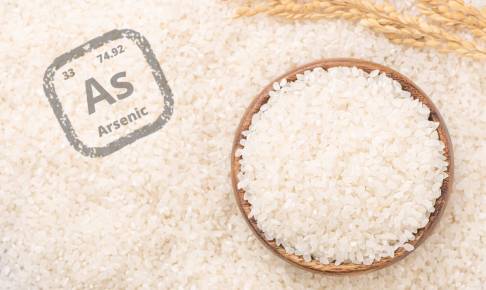Toxic metals detected in popular store-bought beverages, study reveals
A recent study conducted by Tulane University has raised alarming concerns about the presence of toxic metals in commonly consumed beverages like sodas, fruit juices, plant-based milks, and teas.
The investigation revealed traces of harmful metals such as arsenic and cadmium in all 60 store-bought drinks examined, with five beverages containing 'dangerous levels' of these toxins.
According to Dr. Tewodros Godebo, lead author of the study, there is a surprising lack of studies examining toxic elements in soft drinks in the United States. This study underscores the urgent need for more research in this area. He significantly advised against excessive consumption of mixed-fruit juices or plant-based milks by infants and young children, given the well-documented harmful effects of arsenic, lead, and cadmium on internal organs and cognitive development, especially during early brain development.
The study, which was published in the Journal of Food Composition and Analysis, investigated 60 products, including 21 sodas and other artificial drinks, 19 mixed fruit juices, 10 plant-based milks, 6 natural fruit juices, and 4 tea products.
Researchers analyzed the samples to identify the presence of 25 metals, encompassing lead, potassium, and uranium, among others. Alarming levels of toxic metals were found in a fruit juice, a mixed juice, a plant-based milk, a soda, and a tea, surpassing the acceptable limits for drinking water set by government regulators.
Chronic exposure to these chemicals carries significant health risks. Arsenic, for instance, is associated with damage to the eyes, skin, liver, kidneys, and lungs and can lead to cancer or loss of eyesight over time. Cadmium can cause damage to the lungs, kidneys, and skeleton, potentially leading to cancer, organ failure, and brittle bones. Other chemicals like boron, manganese, and nickel are known to harm the liver, kidney, and other organs.
However, the authors reminded the public not to panic, emphasizing the principle of toxicity (where it's the dosage that often makes the difference). Nonetheless, this discovery indeed calls for further research and regular monitoring of these elements in beverages.
Source:






















